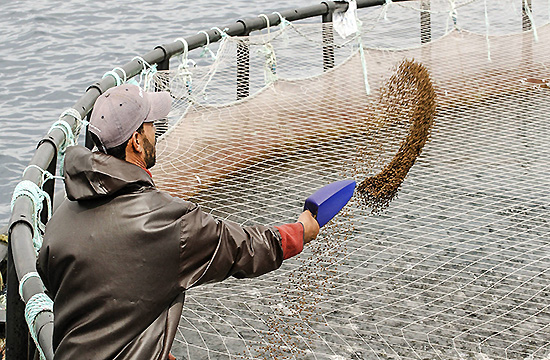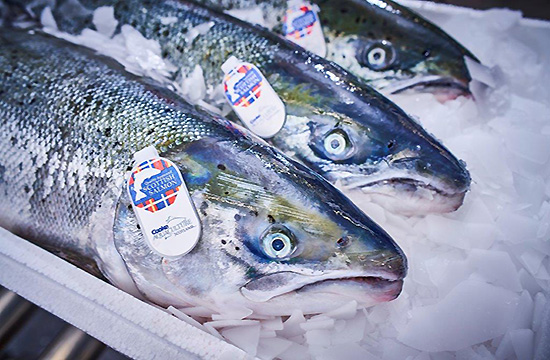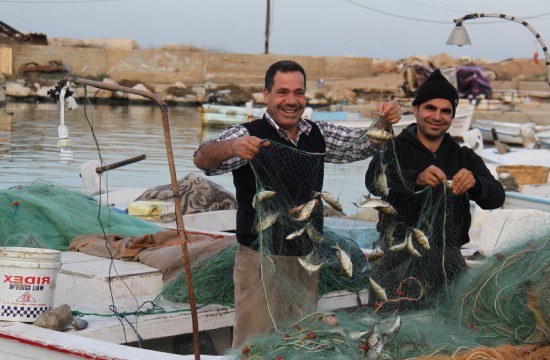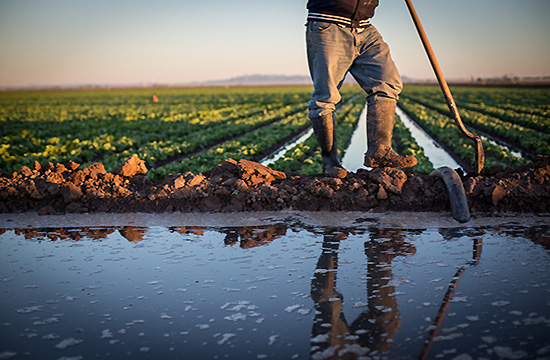
The aquaculture industry faces challenges transitioning from conventional production methods to sustainable approaches. Issues include using antibiotics, chemicals, and intensive farming techniques that harm the environment. Additionally, the need for knowledge and expertise in integrating organic fish production with organic agriculture hinders progress.
Overcoming these barriers requires educational initiatives and platforms that facilitate the exchange of expertise and best practices.
Organic aquaculture faces significant ecological challenges that demand immediate attention. Issues encompass various aspects of food production, environmental impact, resource efficiency, and the urgent need for scaling up sustainable practices.
Challenges and barriers include logistical, financial, and technological obstacles and the need for specialized knowledge, infrastructure, and regulatory frameworks. Overcoming these challenges requires a comprehensive and collaborative approach from stakeholders across the industry.


Organic aquaculture is a development strategy that seeks to change some of the constraints encountered in conventional production. It emphasizes sustainable rural development, poverty reduction, and a circular economy. Increasing resource use efficiency and minimizing adverse ecological interactions are essential for the coming decades.
To achieve sustainable economic development, it is crucial to promote sound environmental management, equitable distribution of benefits, and clearly define the roles of the public and private sectors in the process.
Organic aquaculture, when implemented correctly, can be one of the most ecological production methods in aquaculture. It emphasizes environmentally friendly and sustainable practices while promoting the well-being of aquatic ecosystems. Critical factors for success include maintaining or improving the health of the surrounding ecosystem, ethical labor practices, and community engagement.
Combining regenerative and sustainable practices allows organic aquaculture to move towards a more sustainable and ecologically responsible future.


The establishment hurdles in organic aquaculture pose significant challenges for farmers and organizations striving to transition to sustainable practices. Overcoming these hurdles requires collective efforts, including financial support, knowledge dissemination, and cooperation. Initiatives should focus on creating a holistic triple-bottom-line approach, recognizing sustainability's economic, social, and environmental dimensions.
Additionally, addressing the challenges and barriers associated with organic aquaculture requires a comprehensive and collaborative approach from stakeholders across the industry.

